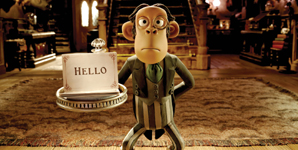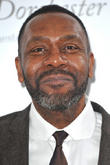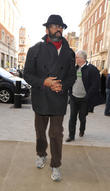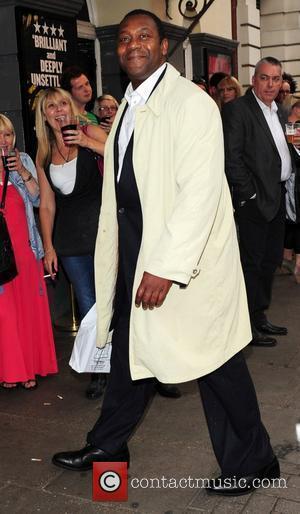Lenny Henry Highlights Inequality In Entertainment Industry During BAFTA Speech
By Jack de Aguilar in Movies / TV / Theatre on 18 March 2014
Henry's speech contained some surprising statistics
Lenny Henry used his Bafta lecture to highlight the levels of inequality that are currently commonplace in the entertainment industry in the U.K, suggesting that funds should be set aside to boost the presence of black, Asian and minority ethnic (BAME) people in the broadcasting industry.
 Contrary to this photo, Lenny Henry isn't happy
Contrary to this photo, Lenny Henry isn't happy
The actor and comedian explained that BAME presence in the creative industries is 5.4%, which he describes as "an appalling percentage because the majority of our industry is based around London where the black and Asian population is 40%” adding that the situation behind the camera is also far from desirable.
Henry also suggested that "our most talented actors are getting increasingly frustrated and having to go to America to succeed,” citing Idris Elba as a prime example.
Elba made his name starring as Stringer Bell in The Wire, in which he donned an impressive American accent. Elba did return to the U.K to start in Luther, but, as Henry joked to the audience, he plays “an intellectual, troubled maverick cop who has no black friends or family. You never see Luther with black people. What's going on?
"We're often told that black and Asian actors don't have the marquee value or star power to drive a long-running series. These performers have demonstrated that this is no longer the case,” he added.
To combat what Henry believes to be a derisory representation of minority races and cultures in mainstream entertainment, the model that media watchdog Ofcom uses to classify programmes made in the nations and regions should be adapted.
According to The BBC, Henry has “broken the criteria into three areas and the production in question would have to meet two out of these three to qualify - the first suggests that at least 50% of production staff must be black, Asian or minority ethnic.
“The second is that the production company must be 30% BAME-controlled and/or 30% of senior personnel must be BAME. And the third dictates that at least 50% of on-screen talent must be BAME.”
Contactmusic
Movies and Trailers

The Pirates! In an Adventure with Scientists! Movie Review
Aardman returns to hand-crafted clay-mation for this riotous seafaring romp. The film is almost too...






